Ensuring women migrant workers’ rights and opportunities
The majority of female migrants from the rural to the urban, especially women work in the informal sector with no social insurance or labour contract. They face various barriers, including limited access to financial services, narrow social network, unsafe working and living conditions, etc.
 |
On December 20, in Hanoi, Department of Social Assistance under the Ministry of Labours – Invalids and Social Affairs (MoLISA) in collaboration with Aid for social protection program Foundation Vietnam (AFV) organised a consultation workshop on preliminary findings on the rights of women migrant workers in Vietnam.
This report focuses on finding the situation of accessing to social rights, especially healthcare, housing, social protection and kindergartens.
Women migrant workers are an active labor force in the market, engaging in both formal and informal sectors, contributing significantly to the socio-economic development of the country. However, they are also a group of people facing many challenges, difficulties in working and living in the destination; is a disadvantaged and vulnerable population in society. Moreover, the social protection network has not covered much of them, especially those who are working in informal sector.
According to the research report "Social Rights of Women Migrant Workers in Vietnam" by Department of Social Assistance and AFV in November 2018, there were 34.3 per cent of migrant workers have difficulty about work, 42.9 per cent of women migrant workers had difficulty in housing, and 97.9 per cent of informal workers did not have social insurance.
This report is part of the project "Promoting Global Social Rights for women migrant workers in Vietnam" with technical and financial support from Rosa Luxemburg Stiftung Asia-Pacific (RLS) and ActionAid Vietnam (AAV). This is a collaborative effort between the Department of Social Assistance and AFV to assess the current situation of women migrant workers accessing to social protection system. Hence, finding gaps in policy and implementation to support women migrant workers in accessing this right better in the future.
VNF
Recommended
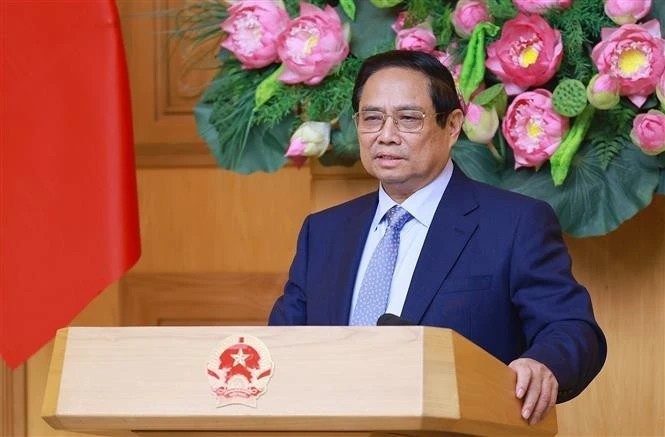 National
National
Vietnam News Today (May 14): US Businesses Affirm Long-Term Commitment to Vietnam
 National
National
Vietnam News Today (May 13): Vietnam Maintains High Human Development Index Despite Global Slowdown
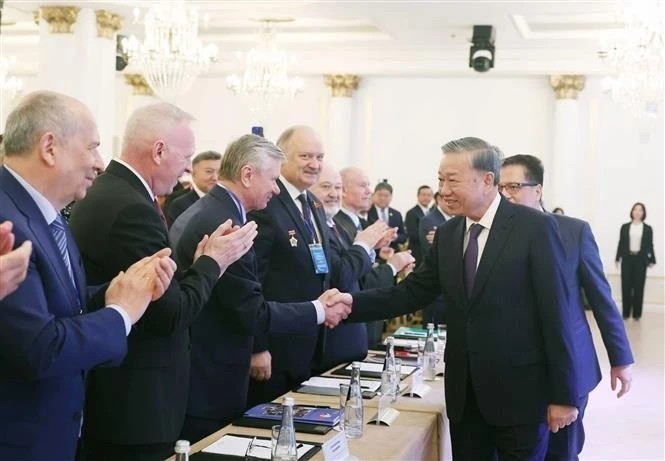 National
National
Vietnam News Today (May 12): Party General Secretary Meets With Russian Experts, Intellectuals
 National
National
Vietnam News Today (May 11): Vietnam, Austria to Boost Cooperation in High-Tech Development, Innovation
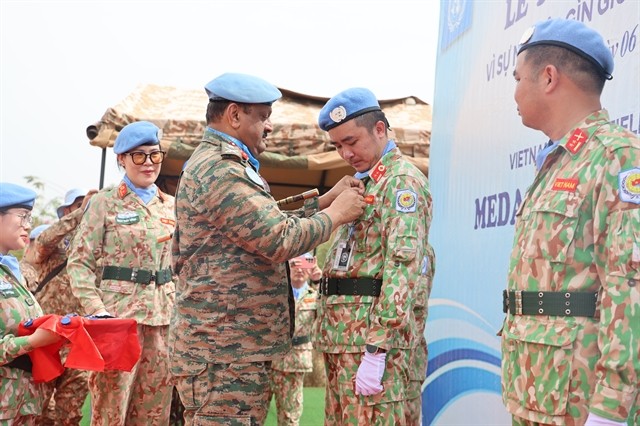 National
National
Vietnam News Today (May 10): Vietnamese Peacekeepers Honored with UN Medal in South Sudan
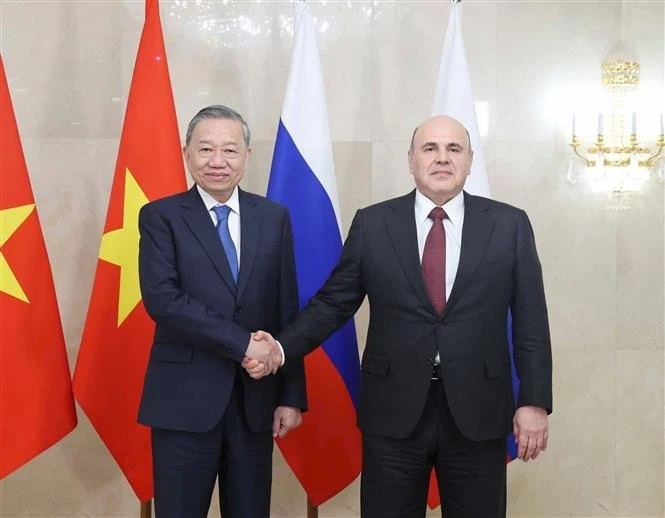 National
National
Vietnam News Today (May 9): Vietnam Ready to Work With Russia to Elevate Relations
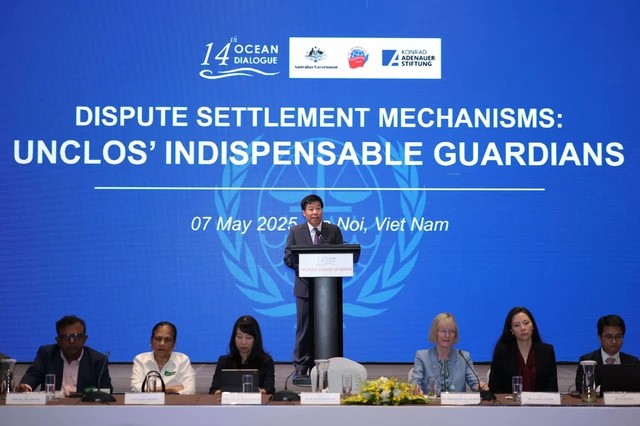 National
National
Vietnam News Today (May 8): Vietnam Remains Committed to UNCLOS
 National
National
